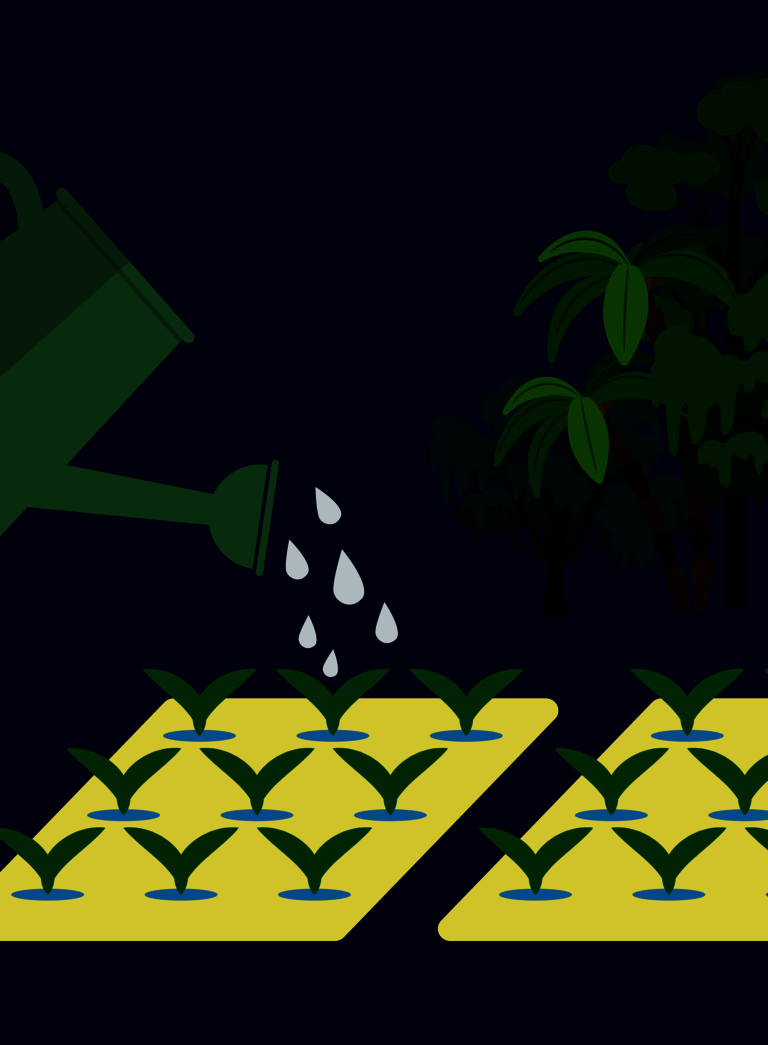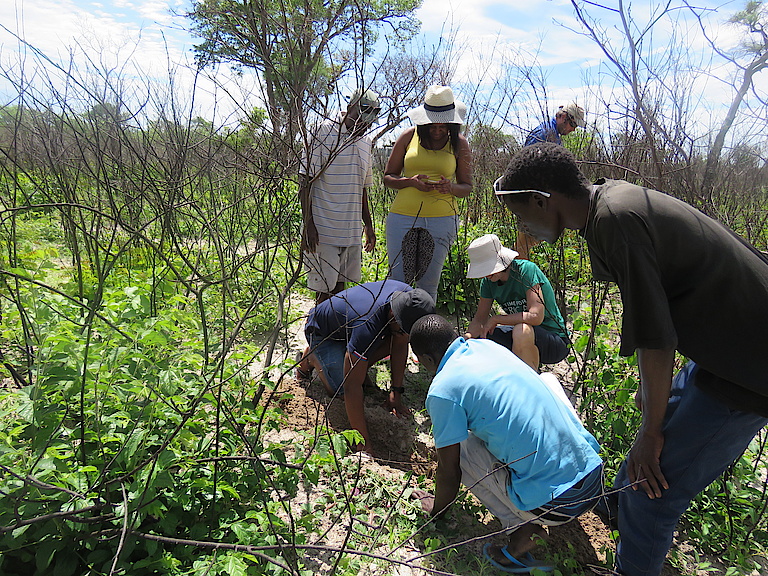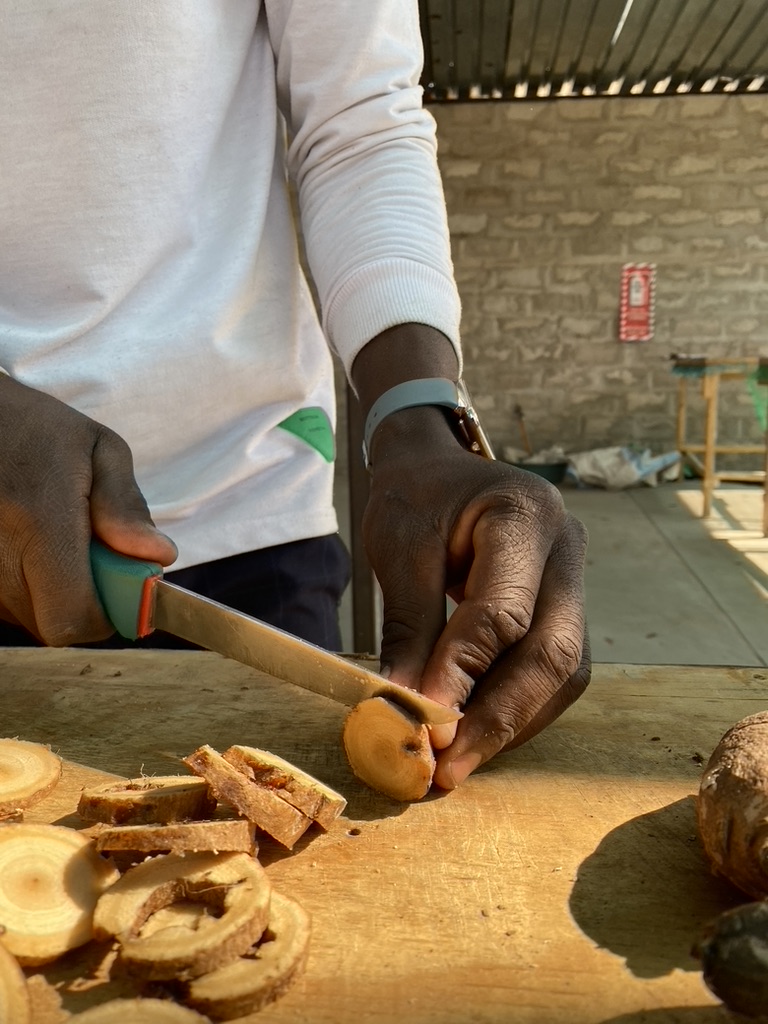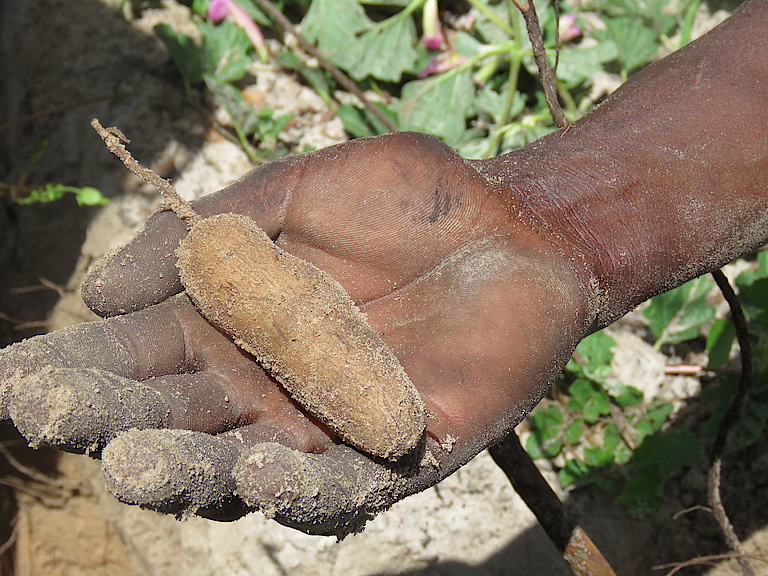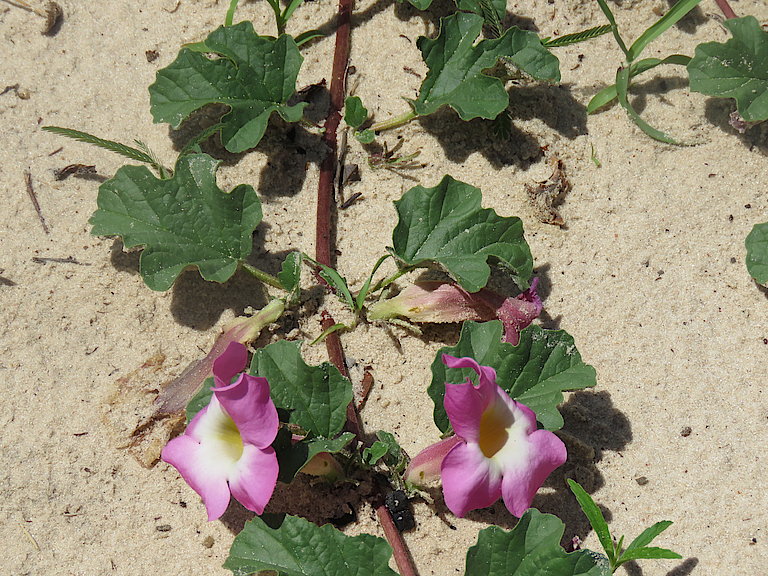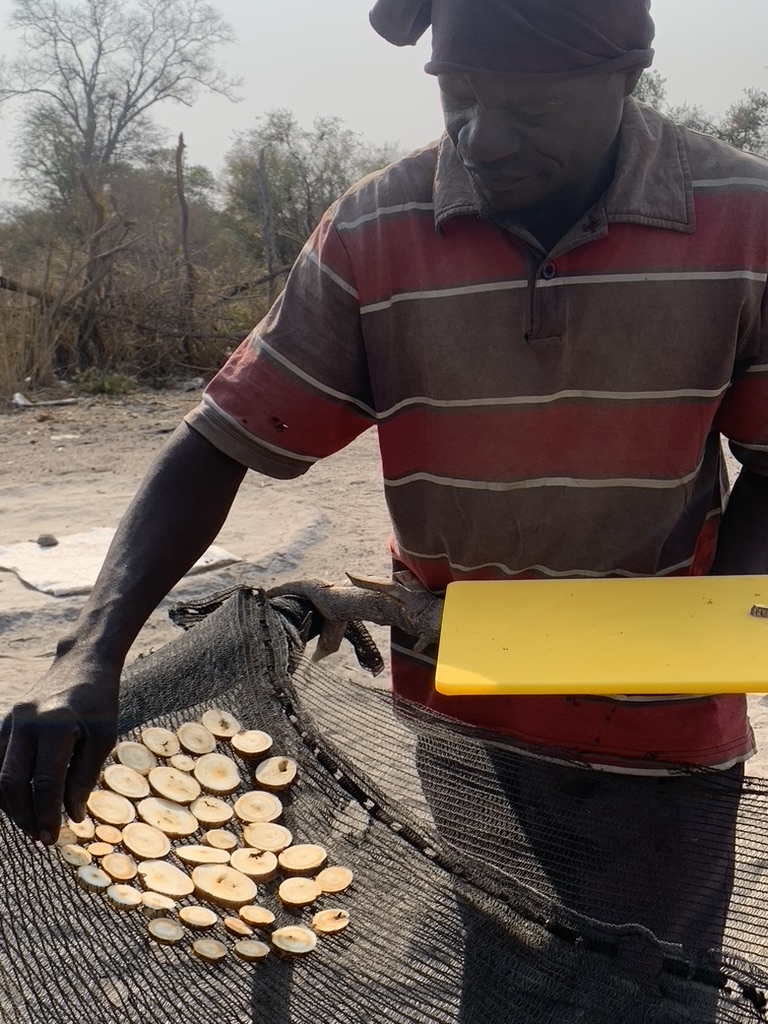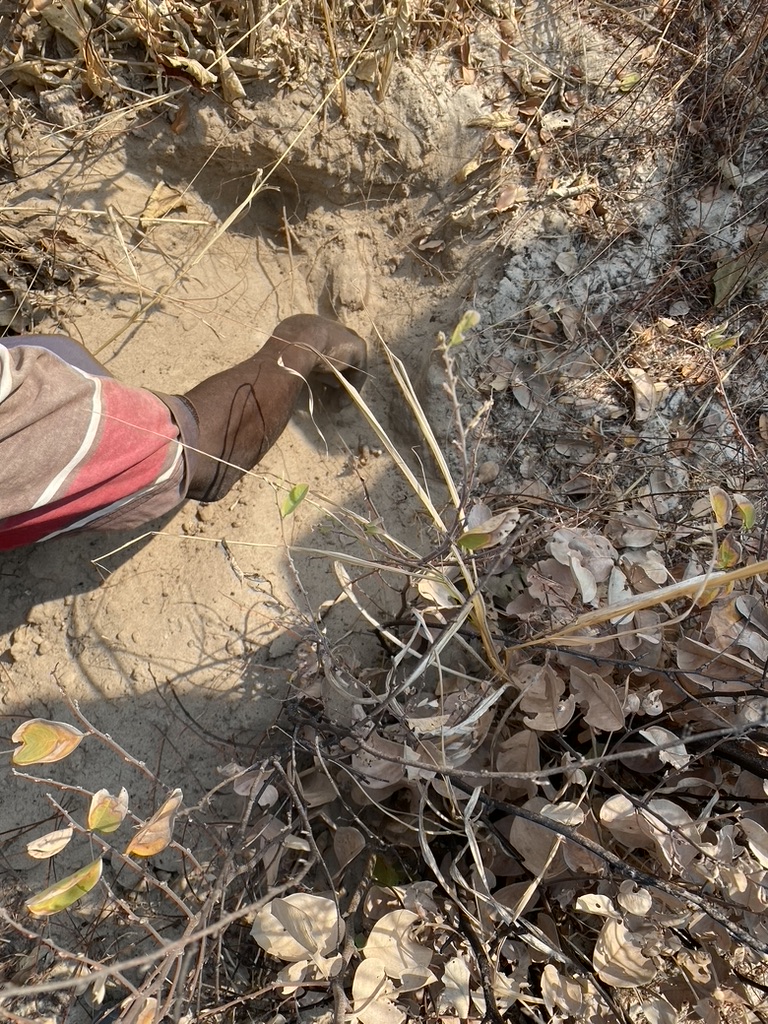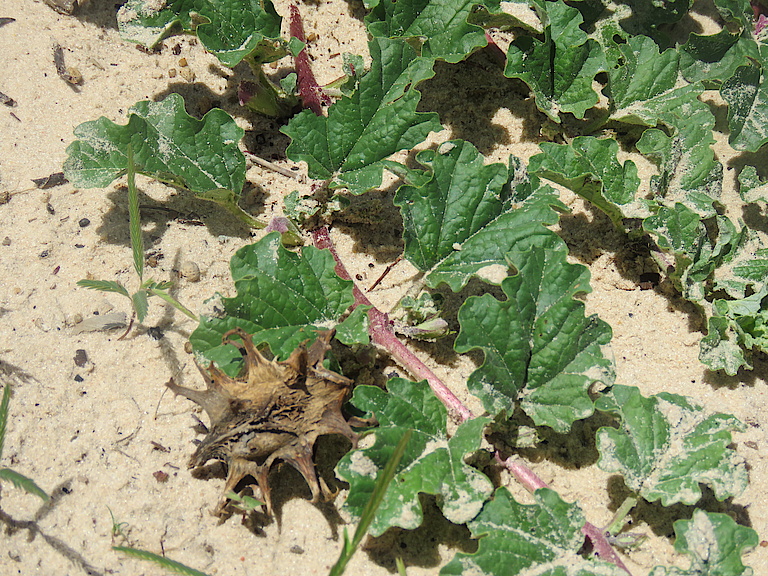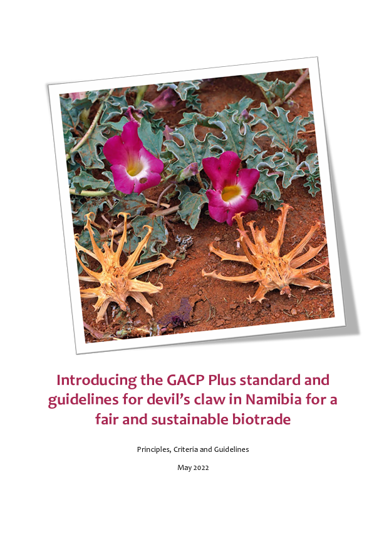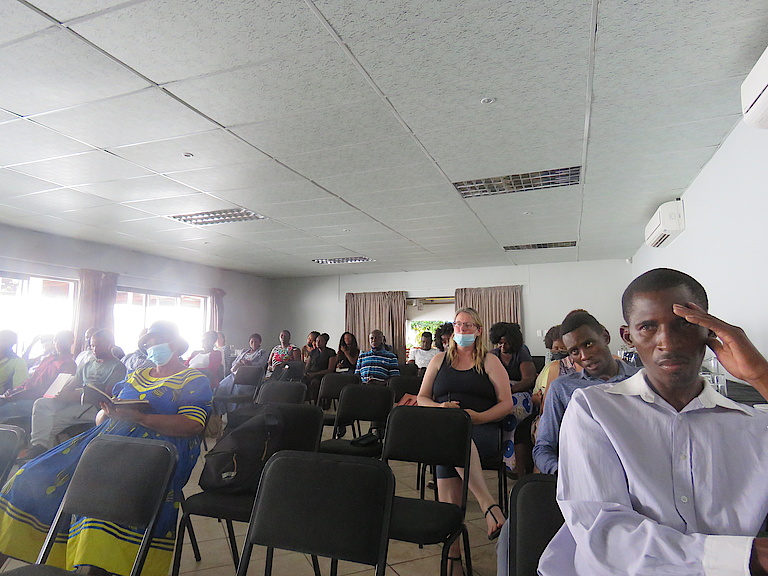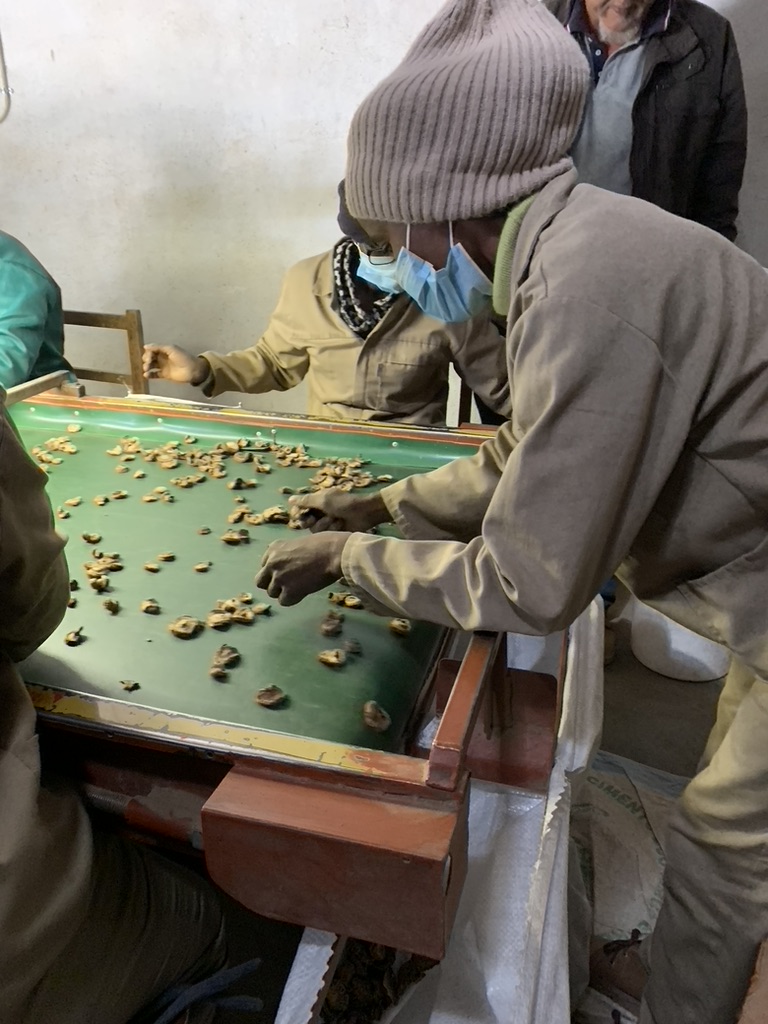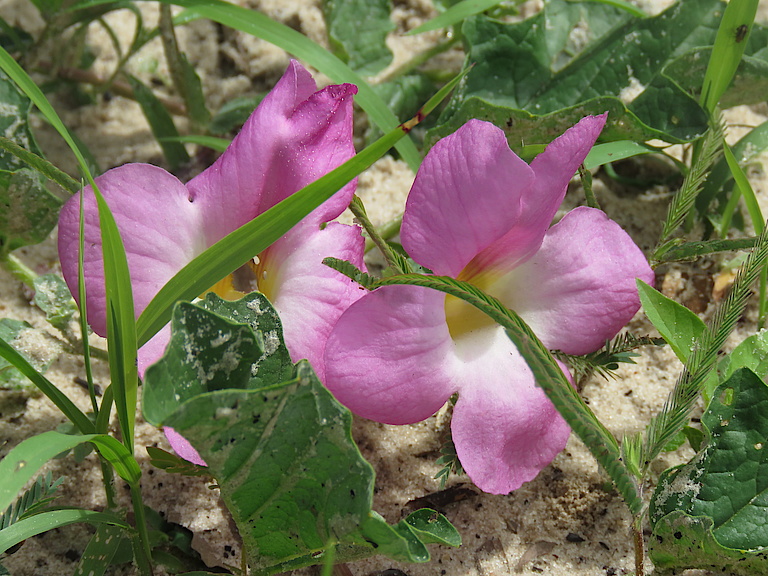Support offered by BioInnovation Africa
The BioInnovation Africa Project works closely with the Union for Ethical Biotrade (UEBT) to promote sustainable cultivation and collection practices based on the UEBT Standard. The UEBT standard consists of seven principles covering important social, environmental and economic issues, based on the BioTrade Principles and Criteria developed by the UNCTAD Biotrade Initiative. The project promotes commitment to and adherence with this Standard in all its partnership projects. On the ground, the project works together with farmers and collectors in the sourcing areas to promote more sustainable practices and to contribute to conservation and reforestation in the areas concerned. BIA supports activities such as trainings on sustainable cultivation practices, establishing tree nurseries and conducing resource assessments.
Together with its partner UEBT, the project supports local suppliers in defining concrete practices for the sustainable use and conservation of biodiversity through the development and implementation of Biodiversity Action Plans.
Support offered by Abiosa
ABioSA provided financial support to selected SMEs for activities and projects that specifically aimed at promoting sustainable farming and wild collection. The supported SMEs work with different resources such as Kalahari melon, Honeybush and Diya Root.
Partnership example
Dried devil's claw tubers are popular in Western medicine for their anti-inflammatory and analgesic properties. Namibia as the largest supplier of this resource plays a crucial role in meeting global demand. Those people involved in the devil's claw harvest and trade benefit from the use of this natural resource, and from the increasing demand and formalization of the value chain. Ms. Sorriety Mubumbulwa, Senior Group Leader of the Sachona Community Forest Harvesters, reflects on her experience: "The money I am getting enables me to buy what I never had before. I built a house, can buy medication, pay the kids' school fees, and pay for domestic needs. For the future, the main purpose is to conserve what we have on earth; and that we leave some for the next generation." Her story shows the potential of devil's claw trade for seasonal job creation, contributing to the economic development of local communities. However, over-harvesting remains a risk for sustainability of the sector. The growing global demand has increased pressure on resources, one that is already adversely affected by climate change.
The GIZ BioInnovation Africa (BIA) project supports a partnership between Givaudan, the Namibian Devil’s Claw Exporters Association Trust (NDCEAT), and the Namibian Network of the Cosmetic Industry (NANCi) promoting sustainable harvesting practices and improving traceability of devil’s claw in Namibia. Givaudan is a global leader in Fragrance & Beauty and Taste & Wellbeing, with a deep commitment to responsible sourcing of raw materials, for the protection of both people and the environment. They are working alongside NDCEAT, which promotes sustainable harvesting and processing practices, and NANCi, an association which supports the health and beauty sector in Namibia.
Sustainable practices, as promoted in the partnership, are important to avoid over-harvesting and the depletion of the plant. This is a risk not only because of the rising global demand, but also because of climatic challenges. Erratic international off-take and market price pressures incentivize over-harvesting. Moreover, in times of droughts, the rural population cannot rely on their traditional crops for subsistence and income, and instead turn to unsustainable collection of devil’s claw. Along with the difficulty in verifying the origin of the tubers, quality assurance and the sustainable collection remains a challenge.
To address these challenges, the Namibian Good Agricultural and Collection Practices Plus (GACP+) standards and guidelines for the devil's claw sector have been developed and implemented through this partnership. This standard and its accompanying guidelines are an adaptation of international standards such as the WHO and EMA GACP guidelines, tailored specifically to the devil's claw trade in Namibia. The standard is intended to address the specific concerns of collecting and primary processing of medicinal plants and identifying crucial production steps and measures that are needed to ensure good quality and sustainable collection and production of devil’s claw. The aim of the GACP+ standards and guidelines is to ensure long-term sustainability of the resource and continued economic benefits for local communities.
The positive impact of these guidelines is also being felt regarding the improved quality of the product, as shared by Mr. Davey Farmer, Manager of Procumbens Exporters CC: "Since the procedures were put in place for GACP+ in 2022, Procumbens Exporters managed to focus on Grade A quality produce, and really cut out bad products while ensuring improved traceability. We were able to convince harvesters to engage in sustainable practices by not destroying taproot and/or deliver rotten, dirty produce." This partnership centered around the GACP+ standards and guidelines, is helping to secure the future of devil's claw and its industry in Namibia, ensuring that it remains a valuable and sustainable resource and high-quality product for generations to come.
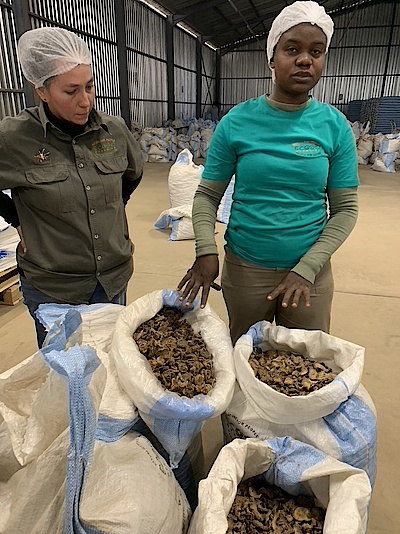
“It is important to implement the GACP+ Standard. If not implemented, we will be running out of devil’s claw. That will not be good. Devil’s claw generates a lot of employment for our people and income for our communities. Devil’s claw should also sustain our future generations. The training we have received has taught us how to use it (devil’s claw) sustainably and process it correctly for better prices.”
Quality Control Administrator – Ms Wenzy Mungendje of ECOSO Dynamics CC (right in the photo)
